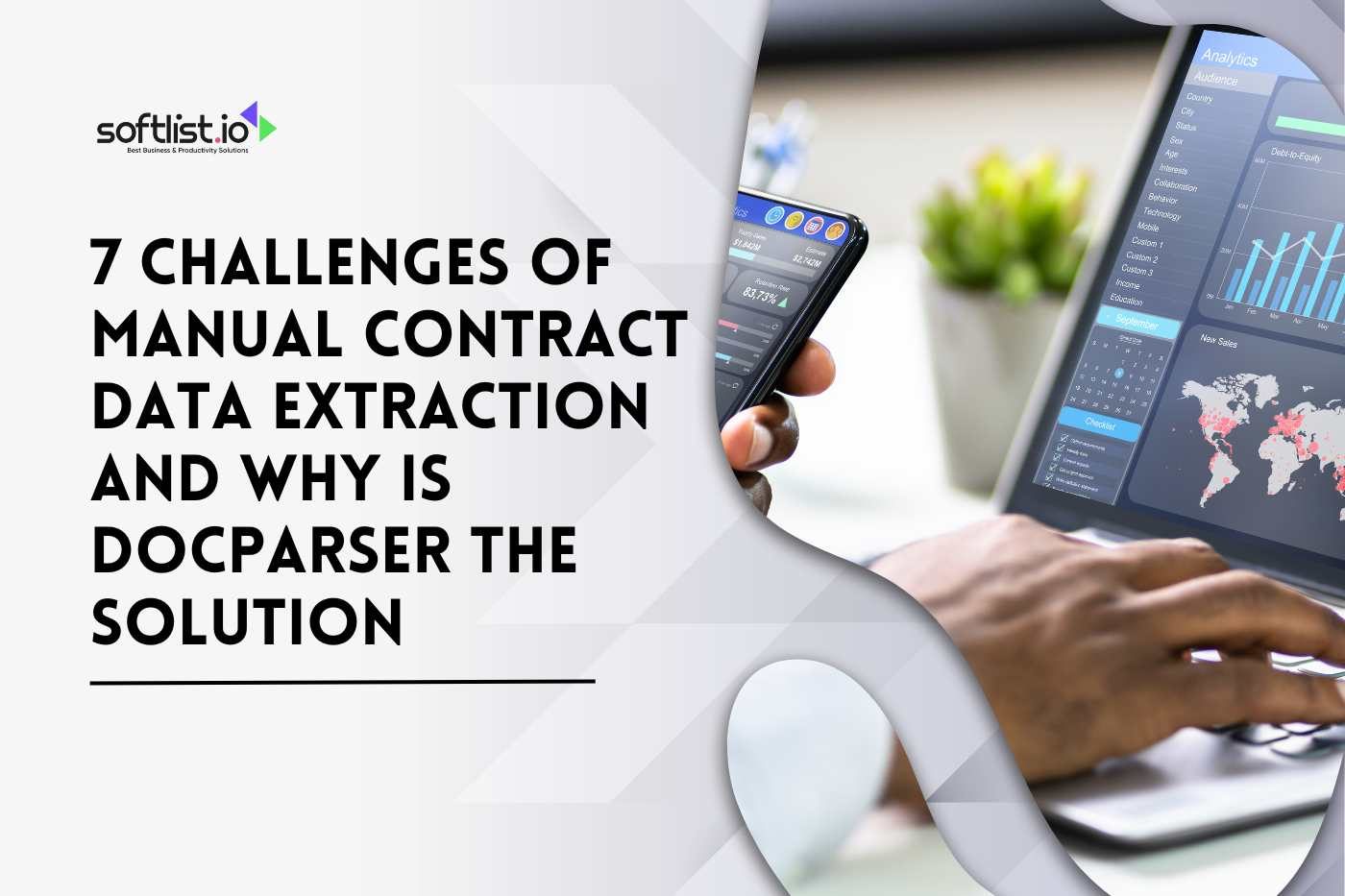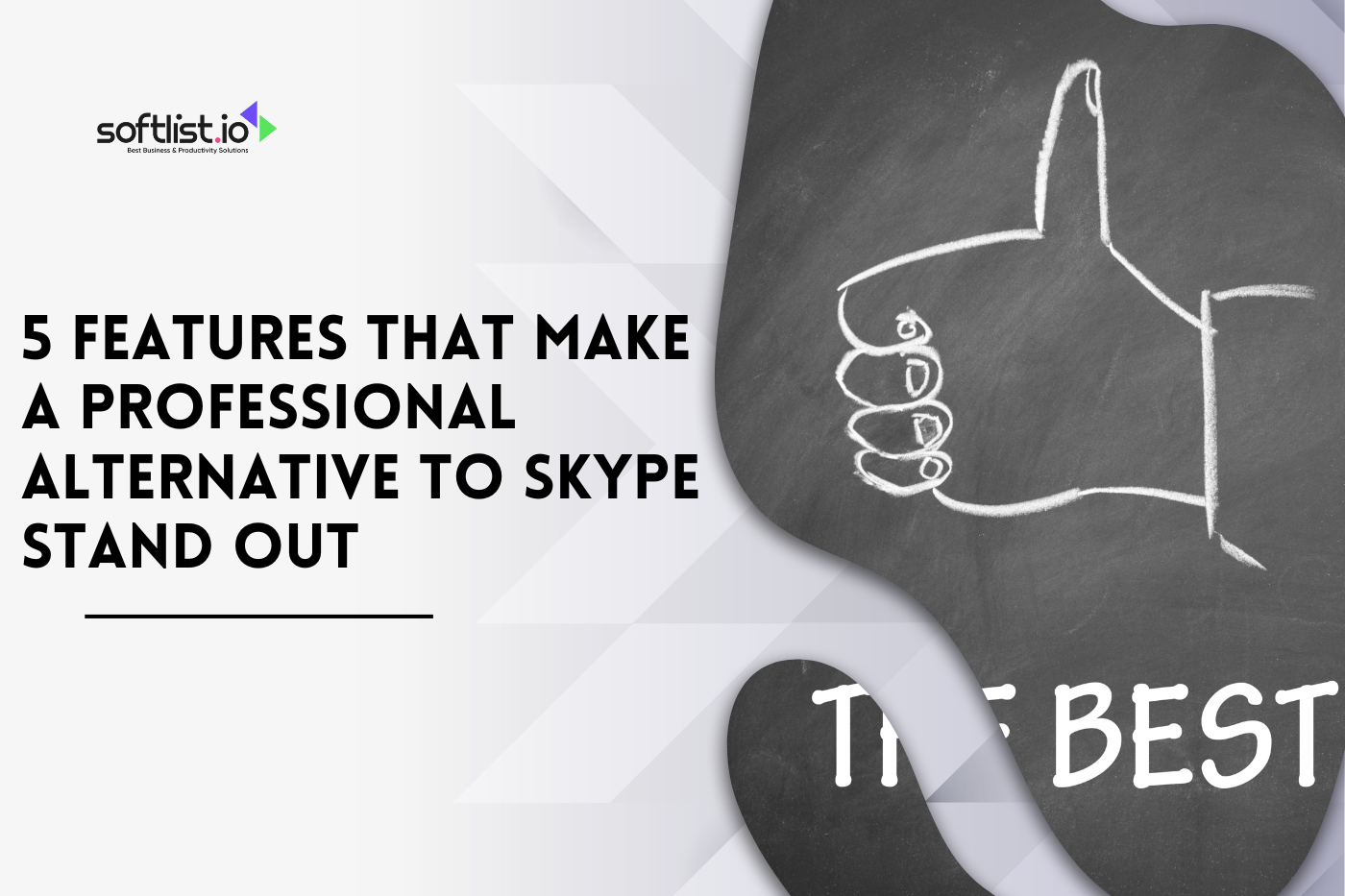With cyber threats getting trickier and more common, it’s really important to pick a managed service that can genuinely keep your business safe. It’s tough, though—there’s a lot of tech talk to wade through, it’s hard to tell how effective security measures actually are, and trusting someone else with your most sensitive information isn’t easy.
If you don’t get it right, the consequences can be serious: data breaches, lost trust, and even financial damage.
Now, we’ll look at what makes a managed cybersecurity service effective, how to evaluate potential providers and the best practices to ensure you establish a secure and successful partnership.
What is Managed Cybersecurity Services?
Managed Cybersecurity Services refer to outsourcing an organization’s cybersecurity tasks to specialized firms. These services encompass a range of activities, including monitoring and managing security devices and systems, threat intelligence, incident response, and compliance support.
By leveraging the expertise of these external firms, organizations can enhance their security posture, mitigate risks, and protect their infrastructure and data from cyber threats.
This arrangement is particularly beneficial for businesses that lack the internal resources or expertise to manage their cybersecurity needs on their own effectively.
Benefits of Managed Cybersecurity Services

Source: Canva Pro
Managed cybersecurity services offer a range of benefits for organizations of all sizes. These are some key advantages:
- Expertise and Specialization: Cybersecurity is a complex and rapidly evolving field. Managed cybersecurity services provide access to specialized knowledge and skills that may be difficult or too expensive to develop in-house. These services often employ experts who are up-to-date with the latest security trends, tactics, and regulatory requirements.
- Cost Efficiency: Outsourcing cybersecurity can be more cost-effective than maintaining an in-house team, especially for small to medium-sized businesses. Managed services typically operate with a subscription model which spreads out costs and avoids the large capital expenditures associated with building and maintaining cybersecurity infrastructure.
- 24/7 Monitoring and Response: Cyber threats can occur at any time, and a prompt response is crucial to minimize damage. Managed cybersecurity services often include round-the-clock monitoring of an organization’s networks and systems, enabling immediate detection and response to security incidents.
- Advanced Technologies: Managed cybersecurity providers invest in sophisticated technologies, including advanced security tools, automation, and analytics. Clients benefit from these technologies without directly purchasing, installing, or maintaining them.
- Compliance Assistance: Many industries have strict data protection and privacy regulations. Managed cybersecurity services can help ensure that an organization complies with these laws, reducing the risk of legal penalties and damage to reputation.
- Scalability: As a business grows or faces fluctuating demand, its cybersecurity needs will change. Managed services can be scaled up or down based on the organization’s needs, providing flexibility that is difficult to achieve with an in-house team.
- Focus on Core Business: By outsourcing cybersecurity, a company’s management and internal IT staff can focus more on core business activities rather than on the complexities of cybersecurity management.
- Risk Management: Managed services help identify and mitigate risks before they can impact business operations. This proactive approach can save resources and protect an organization’s brand reputation.
- Regular Updates and Training: Cybersecurity requires continual learning and adaptation. Managed service providers ensure that security measures and policies are updated regularly to counter new threats, and they also offer training for an organization’s staff.
How to Look for the Best Managed Cybersecurity Service Providers

Source: Canva Pro
- Define Your Security Needs:
- Assessment of Current Security Posture: Understand where your current security strengths and vulnerabilities lie.
- Regulatory and Compliance Requirements: Identify any specific industry regulations (like GDPR, HIPAA, etc.) that you need to comply with.
- Business-Specific Requirements: Consider the unique aspects of your business that might affect security needs, such as remote work policies or the type of data you handle.
- Research Potential Providers:
- Reputation and Expertise: Look for providers with a strong reputation and expertise in your industry. Reviews, case studies, and customer testimonials can be very informative.
- Certifications and Standards: Check for relevant certifications such as ISO/IEC 27001, SOC 2 Type II, or specific certifications like PCI DSS for payment security.
- Evaluate Their Offerings:
- Services Provided: Determine if they offer the services you need, such as 24/7 monitoring, incident response, risk assessment, endpoint security, and compliance management.
- Technology and Tools: Assess the sophistication and effectiveness of the tools and technologies they use.
- Customization and Scalability: Ensure the services can be customized to your needs and can scale as your organization grows.
- Consider the Cost:
- Pricing Structure: Understand how they charge—whether it’s a flat fee, per device, or based on the level of service.
- Cost vs. Benefit Analysis: Consider the cost relative to the potential cost of a security breach.
- Check Their Response Capability:
- Response Time: Inquire about their average response time to incidents and their process for handling potential threats.
- Communication: Good communication is critical. Ensure they have clear protocols for notifying you during a security breach or any security alerts.
- Request a Consultation or Demo:
- Initial Meeting: A face-to-face meeting, whether virtual or in-person, can help you get a feel for their professionalism and the type of support they offer.
- Product Demo: Request a demo to see how their solutions work in real-time and how they integrate with your existing systems.
- References and Case Studies:
- Ask for References: Speaking to current or past clients can provide insights into the provider’s reliability, service quality, and the effectiveness of their security solutions.
- Examine Case Studies: Look at detailed examples of how they have helped other businesses, particularly those similar to yours in size or industry.
- Legal and Contractual Aspects:
- Service Level Agreements (SLAs): Review the SLAs to understand the promised performance metrics and repercussions for failing to meet those metrics.
- Compliance and Legal Conformity: Ensure they are legally compliant with all necessary regulations and that their contracts don’t expose you to unnecessary risks.
- Ongoing Support and Training:
- Training for Your Team: Check if they provide training for your staff on security best practices.
- Continuous Improvement: Ensure that they continually update their security practices and defenses as new threats emerge.
Key Services Offered by Managed Cybersecurity Providers

Source: Canva Pro
Managed cybersecurity providers offer various essential services to protect organizations from cyber threats and ensure compliance with relevant regulations.
Here’s an overview of the key services they typically offer:
- Threat Detection and Intelligence Analysis: This service identifies potential security threats before they can impact an organization. Cyber security providers use advanced tools and techniques to monitor networks, systems, and data for suspicious activity. They analyze security intelligence from various sources to predict and prepare for potential cyber-attacks.
- Incident Response and Forensic Analysis: In a security breach, a quick and effective response is crucial. Managed cybersecurity providers offer incident response services to contain and mitigate damage. Forensic analysis is also conducted to understand how the breach occurred, identify the perpetrators, and prevent future incidents.
- Vulnerability Management and Patch Management: These services involve identifying, classifying, prioritizing, and addressing security vulnerabilities in an organization’s software and systems. Patch management is a part of this, ensuring that all systems are up-to-date with the latest security patches to minimize the risk of exploitation.
- Security Audits and Compliance Reviews: Managed cybersecurity providers conduct detailed audits and reviews of an organization’s security posture and compliance with industry regulations and standards. This helps to identify security gaps and areas for improvement, ensuring that the organization meets all required security standards.
- Training and Awareness Programs for Employees: Since human error can often lead to security breaches, keeping employees informed about the latest cybersecurity threats and best practices is essential. Managed cybersecurity providers offer training and awareness programs that educate employees on recognizing and responding to security threats effectively.
How Much Do Managed Security Services Cost?
The cost of managed security services can vary widely depending on several factors including the organization’s size, the complexity of its IT infrastructure, the level of service required, and the specific services included.
Here are some general guidelines on pricing:
- Service Scope: Basic services might include 24/7 monitoring and alerts, while more comprehensive packages could cover intrusion detection, incident response, security assessments, and compliance management.
- Company Size and Complexity: Larger companies or those with more complex needs typically require more resources, which can drive up costs. For instance, a multinational corporation with multiple data centers will need more extensive coverage than a small local business.
- Contract Length: Some managed security service providers (MSSP) offer discounts for longer contract terms.
- Pricing Models:
- Per Device: Charging based on the number of devices monitored or protected. Prices can range from $5 to $100 per device per month, depending on the services included.
- Per User: This model is common for services related to endpoint security or identity management, typically ranging from $10 to $50 per user per month.
- Flat Rate: For some services, providers may charge a flat rate, which can vary from a few hundred to several thousand dollars per month, depending on the depth and breadth of the services provided.
- Additional Costs: Setup fees, customization, and additional support services can also impact the overall cost.
Co-Managed vs Fully Managed Cybersecurity
Co-managed and fully managed cybersecurity are two service models that organizations can choose from depending on their specific needs, resources, and strategic priorities. Each model offers different levels of service, responsibility, and control, catering to different types of businesses and IT environments.
Co-Managed Cybersecurity
Co-managed cybersecurity is a partnership model where the responsibilities for cybersecurity defenses are shared between the organization’s internal IT team and an external service provider. This model is particularly beneficial for organizations that have some cybersecurity capabilities in-house but need additional support to cover all aspects of their cybersecurity needs.
Advantages:
- Flexibility: Organizations can choose which services they need assistance with, allowing them to customize the scope of support to fill specific gaps.
- Expertise: Access to specialized knowledge and advanced tools from the service provider can enhance the organization’s cybersecurity capabilities.
- Cost Efficiency: Co-managed services can be more cost-effective than fully managed solutions, as the organization uses its internal resources for some tasks.
Fully Managed Cybersecurity
Fully managed cybersecurity involves outsourcing all cybersecurity tasks and responsibilities to an external service provider. This model is ideal for organizations that do not have the resources or security experts to manage cybersecurity internally.
Advantages:
- Comprehensive Security: The service provider handles all aspects of cybersecurity, from strategic planning to incident response, ensuring thorough coverage.
- Reduced Internal Burden: Relieves the internal team from the complexities of managing cybersecurity, allowing them to focus on core business functions.
- Scalability: Easily scales as the organization grows, with services adjusted based on evolving needs without the need to hire additional staff.
Final Thoughts
Hiring a managed service provider to handle your cybersecurity is a smart move that can make your business much safer from cyber threats.
If you pick the right partner, you can get access to specialized knowledge, cutting-edge technologies, and ongoing tracking that would be too hard or too expensive for you to handle on your own. Finding the right service will strengthen your defenses and give you peace of mind, so you can focus on running your business.
If you want to learn more about how outsourcing can boost your security posture. Visit our website and check out our other detailed articles on cybersecurity services.
These resources will provide deeper insights and guidance to help you make informed decisions about your cybersecurity strategy. Don’t wait until it’s too late—strengthen your defenses now by exploring our expert articles.
Frequently Asked Questions
Can small businesses benefit from managed cybersecurity services?
Yes, small businesses, which are often targets of cyberattacks due to their perceived lesser defenses, can particularly benefit from the scalable and flexible solutions offered by MSSPs. This allows them to have enterprise-level security at a more affordable price point.
Are there any risks associated with outsourcing cybersecurity?
Some potential risks include a perceived loss of control over certain security operations and data privacy concerns. It is crucial to choose a reputable provider with robust security policies and transparent practices. A detailed contract that outlines responsibilities and service level agreements (SLAs) is also essential.
How does outsourcing cybersecurity improve protection against threats?
Managed cybersecurity service providers (MSSPs) utilize sophisticated tools and have teams of security analysts who are continually updated with the latest security trends and threat intelligence. This proactive approach allows for quicker identification and mitigation of threats, reducing the risk of significant damage.
Why should a company consider outsourcing its cybersecurity?
Outsourcing cybersecurity allows companies to access the expertise of a team of cybersecurity experts and leverage advanced technology, which might be too costly to develop in-house. This helps address skill gaps, reduces operational costs, and enhances protective measures, which is crucial in today’s high-threat digital landscapes.
What are managed cybersecurity services?
Managed cybersecurity services involve outsourcing an organization’s security tasks, such as cloud security operations and network security monitoring, to a specialized company. These services can include 24/7 surveillance, threat detection, incident response, and compliance management, enabling businesses to protect their digital assets more effectively without expanding their internal team.






